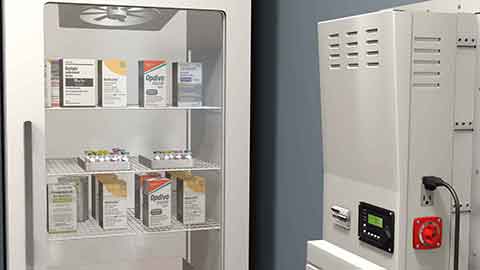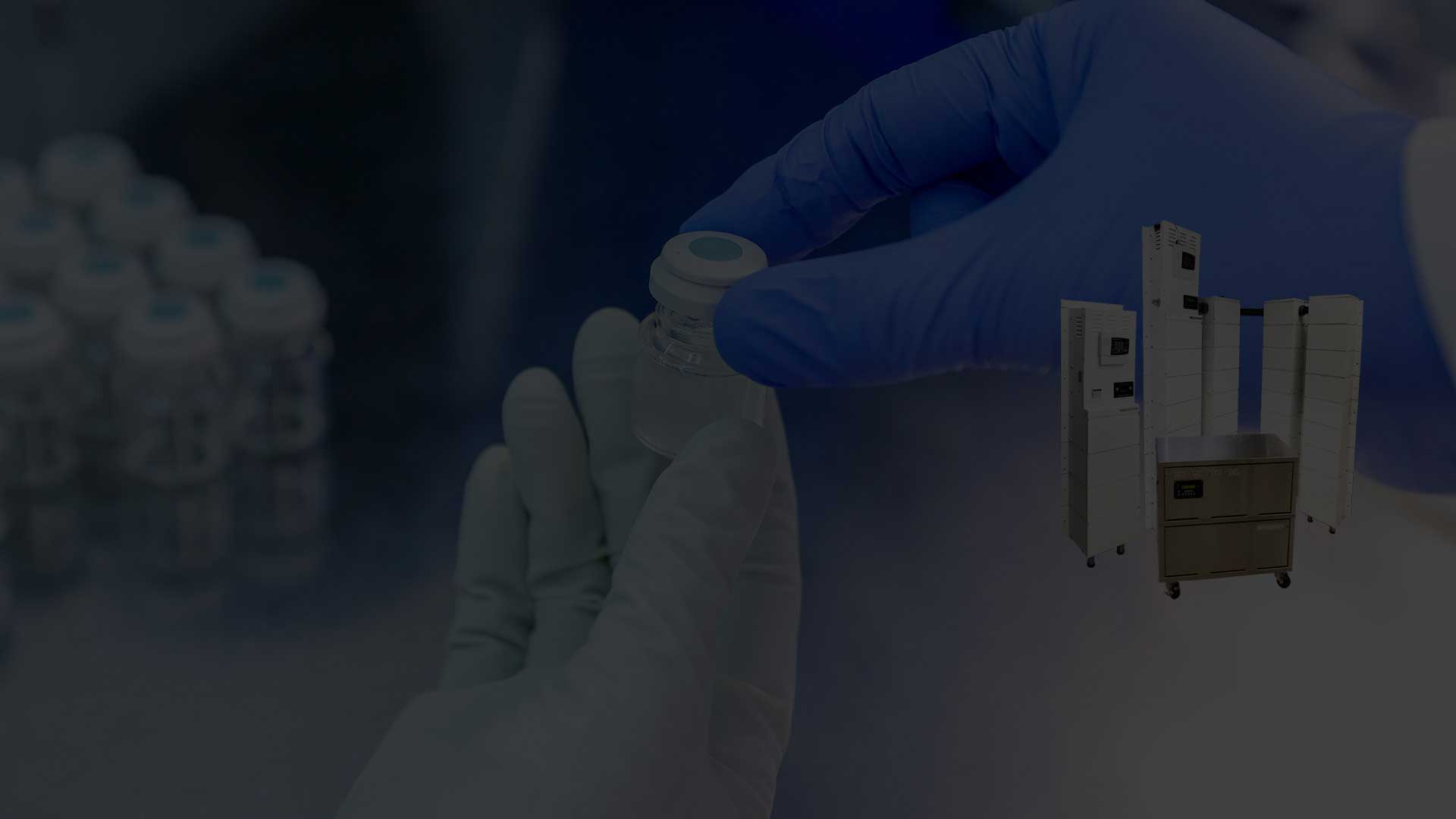Forecasters predict a busy hurricane season for 2025
The official start of the 2025 Atlantic hurricane season is June 1, but meteorologists are already gearing up for what could be a busy six months ahead. Forecasters are closely monitoring the possibility of the first low-pressure system of the season developing as early as the second half of May.
Recently published long-term reports seem to confirm those expectations. According to Colorado State University’s forecast, released at the beginning of April, we can expect above-average Atlantic basin activity with 17 named storms, 9 of which could become hurricanes, including 4 major ones. The season ends on November 30, 2025.
An average hurricane season between 1991 and 2020 was characterized by 14 named storms, including 7 hurricanes, of which 3 were major, according to the university’s report.
Other forecasts seem to confirm CSU’s expectations.
The Weather Company, owner of the Weather Channel, together with Atmospheric G2, are calling for 19 storms this season, 9 of which would grow to become hurricanes, including 4 that are likely to reach Category 3 or higher.
This year's storm names
Whatever the number, though, one thing is certain – the list of names that will be used for each weather in the Atlantic, that develops to become a tropical storm. This year it includes:
| Andrea | Humberto | Olga |
| Barry | Imelda | Pablo |
| Chantal | Jerry | Rebekah |
| Dexter | Karen | Sebastien |
| Erin | Lorenzo | Tanya |
| Fernand | Melissa | Van |
| Gabrielle | Nestor | Wendy |
This is one of six lists of names that are maintained and updated by a committee at the World Meteorological Organization. This means that this year’s list will be reused again in 2031. The only time a list changes is when a name is retired, because a storm was exceptionally deadly or costly. Examples include Andrew, Katrina, Ian, Sandy and most recently Beryl, Helen and Milton in 2024.
An observant reader would notice that the list contains only 21 names, instead of the 26 letters in the English alphabet. This is because the creators excluded Q, U, X Y and Z, since there are not enough common names starting with those letters.
So, what happens if all names on that list are exhausted before the end of the season?
Prior to the 2021 season, forecasters used the names of the letters of the Greek alphabet (Alpha, Beta, Gamma, Delta and so forth). And, according to the WMO, this was necessary only twice – in 2005 and in 2020 – two record-breaking and devastating hurricane seasons.
Starting in 2021, this practice changed when the WMO created one supplemental list for each of the Atlantic and Pacific basins. For the Atlantic basin, the supplemental names are:
| Adria | Heath | Orlanda |
| Braylen | Isla | Pax |
| Caridad | Jacobus | Ronin |
| Deshawn | Kenzie | Sophie |
| Emer | Lucio | Tayshaun |
| Foster | Makayla | Viviana |
| Gemma | Nolan | Will |
Always be prepared
As with all other natural disasters, preparation is key to survival and to minimizing the devastating impact hurricanes can have on your safety, property and business.
First and foremost, your personal and family safety should be your number one priority. Devise an evacuation plan with various routes, designate meeting points and think about pet accommodations, among other considerations. Put together a list of emergency contacts, including numbers for family, friends and local authorities. Assemble at least a week’s worth of essential supplies, including 1 gallon per person per day of bottled water, non-perishable food, medications and prescriptions, flashlights and batteries, first aid kit and some cash, since ATMs may not be working after a disaster and businesses might not be able to accept credit cards due to power and internet outages. Check your plan and provisions periodically and update them when needed.
Clean gutters and drains, secure outdoor furniture (or bring it inside), hire professionals to trim trees near your house, make sure that your emergency power backup batteries are fully charged and that your vehicles and backup generators are fueled up. You should also store important documents in waterproof containers and keep your phones fully charged.
When a strong storm is forecasted for your area, make sure that your home is secured – use plywood for your windows and doors, if necessary.
Listen and pay attention to local and federal authorities for warnings, evacuation orders and other communications.
Business continuity planning is essential for protecting your assets
If you own a business, you should regularly update your emergency response and business continuity plans. You should also communicate and make these plans easily accessible to your staff and vendors. And ensure that critical equipment and inventory is protected by emergency backup power batteries or a generator. Make sure to test such equipment on a regular basis, as prescribed by the manufacturer.
As is often the case, the key to successful planning and preparation for a natural disaster, like a tropical storm, is to take action early.
“Every year, our salespeople are the busiest after major hurricanes strike,” says Jeff Mornan, sales manager at Medi-Products, a manufacturer of custom-designed battery backup power solutions. “Our recommendation to healthcare managers across the country is to act now, before disaster strikes, especially when patient and client safety is at stake. Also, inventory losses from temperature-sensitive medication after a power loss can often be over $50,000. With our industry-leading six-week fulfillment time, and with an option for a two-week expedited production available, it’s still not too late to protect your business from losses due to power outages this hurricane season.”
In many cases there are regulatory requirements for backup power, especially in healthcare settings.
Batteries are among the top choices for pharmacies and operating rooms to ensure patient safety, inventory preservation and business continuity in the event of power loss, especially where generators are impractical due to space constraints, noise and pollution ordinances or other limitations.
Another major benefit of battery backup solutions is that they provide an uninterrupted power supply along with surge protection, meaning that connected appliances and sensitive equipment do not experience power fluctuations when the batteries take over during a power outage. Gas and diesel generators usually need time to get started, creating a blackout period of variable length.
Medi-Products is a company based in Brewster, NY, where they custom build medical-grade emergency power backup solutions for clients across the United States and Canada. Most of their customers are in the healthcare industry, including pharmacies, health centers, hospitals, operating rooms and ambulatory centers. Their systems are custom-designed to provide the power needed to ensure uninterrupted operation of pharmacy refrigerators, life-sustaining surgery equipment and many other critical systems for as long as necessary, as required by business needs and regulatory requirements.
Medi-Products can be reached at 1.800.765.3237 or online at mediproducts.net.


